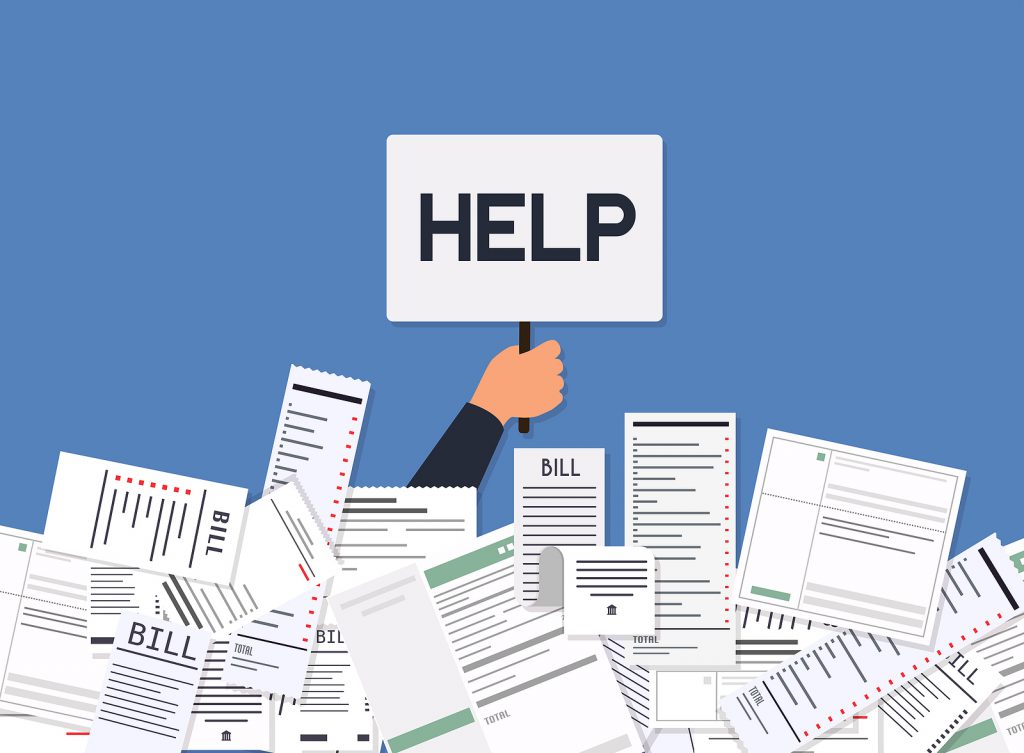What’s the Cost of Relocating for a New Job?

A sparkling new work opportunity has you thinking about moving from your current location to a new city, state or even country. Before you say yes to that offer, you need to know the full cost of relocation — if you have to pay out of pocket, there are lots of numbers to calculate to see if the position is worth the move. Here’s what you should consider.
1. What Is the Relocation Package?
Your potential employer might incentivize you to move for the job with a relocation package. In some cases, this bonus will come in the form of a cash reimbursement to defray the cost of moving expenses. Other employers will provide you with that, plus services you’ll need once you’re on the ground, such as closing costs, hotel bills or the job finders’ fee for your spouse who moves with you.
Of course, not every job comes with such a benefit, but you’re not completely out of luck if a relocation package isn’t on the table. Try negotiating for one on your own to lower the cost of moving and increasing the chances you’ll take the job. To do so, figure out the expenses you’ll need help to cover and find out the typical amount the company pays for relocation. Then, use that information as your bargaining chip.
2. How Much Will It Cost to Move?
Now that you know whether or not your employer will help you, you should calculate how much money will come out of pocket to pay for your move. There are plenty of expenses to consider, including:
- Packing materials: boxes, tape, etc.
- Rental van or movers, depending on which you prefer
- Professional cleaning services for the place you’re leaving or the one you’re moving into
- Shipping fees, if you have to send your belongings overseas
With moving, there will always be last-minute expenses and to-dos that pop up. For instance, you might have to stay in a hotel because your items don’t arrive as scheduled or if you can’t move into your new place right away — temporary living arrangements will cost a pretty penny, so set cash aside for that, too.
3. How Much Is the New Place?
You don’t just have to pay to get your stuff from point A to point B. You also have to consider the money you’ll have to deposit into your new place. First, though, you have to pay off any lingering debts to your current landlord, such as utility bills or fees for any damage the rental has incurred during your tenancy.
Then, you’ll have to think about the cost of living in your new city or country. Here are just some of the numbers to crunch:
- Cost of a deposit or down payment on your new property
- Monthly rent or mortgage payments
- Cost of transit pass or car payments, gas and insurance
- Property taxes and homeowner’s or renter’s insurance
- Cost of living — groceries, entertainment, gym membership, etc.
If you have any other expenses, add them to the list and tally up your new cost of living. That plus the moving fees will help you in your final step.
4. Does My New Salary, Job or Location Make It Worthwhile?
Everyone’s reason for relocating will be different. Perhaps the new job comes with a better salary and title, or the position on offer is your dream job. Maybe you’ve always wanted to live in the city where the role is located, or you’ll be closer to home once you move. No matter what, you had your reasons for applying.
With those “whys” in mind, look critically at the amount of money you’ll have to spend in order to make the dream a reality. Is it worth it? Only you can answer that question — and, with the thorough research and critical thinking stoked by these four questions, you will be able to make the right choice.
Holly Welles, Real Estate Writer, The Estate Update



